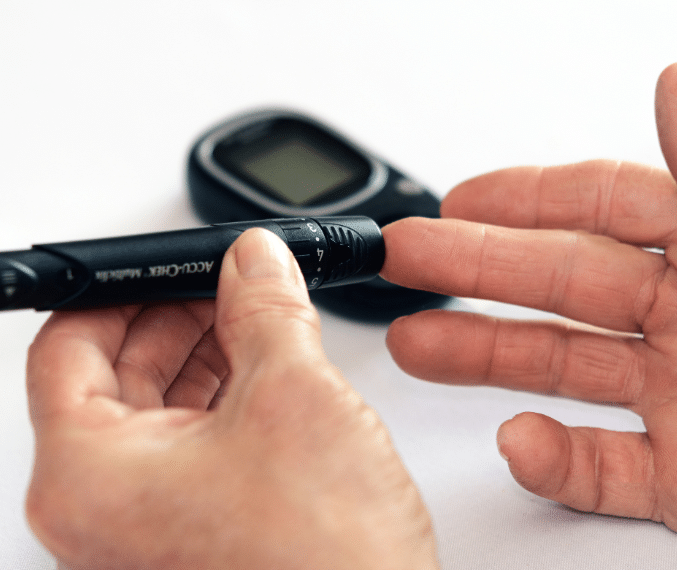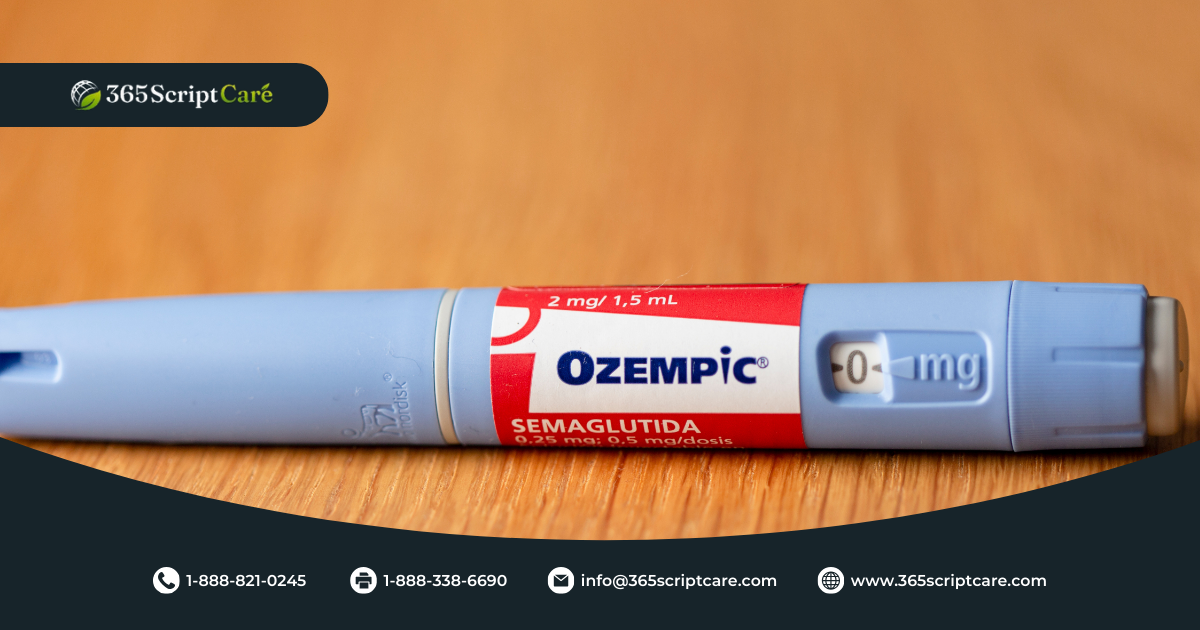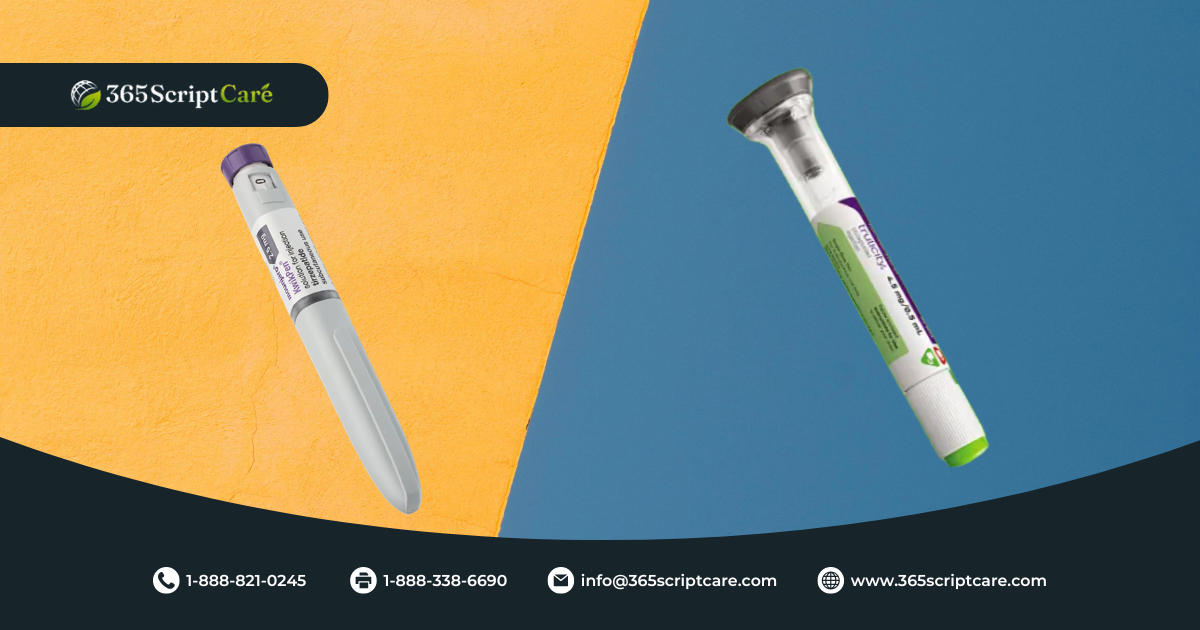If you’re someone who is keeping an eye on the latest advancements in diabetes treatment, you might have come across the names Rybelsus and Ozempic. These two medications have gained significant attention in the medical community for their effectiveness in managing type 2 diabetes.
Type 2 diabetes is a condition affects how your body processes glucose, leading to elevated blood sugar levels. Managing type 2 diabetes is crucial to prevent complications such as heart disease, kidney problems, and nerve damage. In this article, we will delve into the world of Rybelsus and Ozempic, comparing their features, benefits, and considerations.
What is Rybelsus and Ozempic
Rybelsus, also known as semaglutide, is a medication designed for managing type 2 diabetes. Belonging to the class of GLP-1 receptor agonists, Rybelsus stands out for its oral tablet form, providing a convenient alternative to injections. By mimicking the actions of the GLP-1 hormone, Rybelsus helps regulate blood sugar levels. It encourages insulin release, reduces liver glucose production, and slows digestion, all of which contribute to improved blood sugar control.
Ozempic, another GLP-1 receptor agonist like Rybelsus, is utilized for type 2 diabetes management. Its generic name is semaglutide. Unlike Rybelsus, Ozempic is administered through a subcutaneous injection. Alongside its role in blood sugar regulation, Ozempic is noted for its potential to aid weight loss.
By influencing insulin release, liver glucose production, and digestion, Ozempic offers a comprehensive approach to managing diabetes and promoting weight reduction.
Rybelsus vs Ozempic for Weight Loss
When comparing Rybelsus and Ozempic in terms of weight loss, both medications belong to the GLP-1 receptor agonist class and have shown potential to aid in weight reduction. Rybelsus, or semaglutide, is available in an oral tablet form, whereas Ozempic, also semaglutide, is administered via subcutaneous injection. These medications, designed primarily for managing type 2 diabetes, offer benefits beyond glycemic control, including weight loss effects.
Rybelsus has demonstrated the ability to contribute to weight loss in individuals with type 2 diabetes. Clinical trials have indicated significant reductions in body weight alongside improvements in blood sugar levels. By affecting appetite and altering fat storage mechanisms, Rybelsus presents a dual advantage for those aiming to manage diabetes and lose weight.
On the other hand, Ozempic, like Rybelsus, has been associated with notable weight loss outcomes. Its mechanism involves appetite regulation and the brain’s reward system, promoting reduced food intake and increased feelings of fullness.

Rybelsus vs Ozempic Side Effects
When comparing the side effects of Rybelsus and Ozempic, it’s important to note that both medications belong to the GLP-1 receptor agonist class and share some common potential side effects. However, individual responses may vary, and consulting a healthcare professional is crucial before starting any new medication.
Rybelsus Side Effects
Side effects of Rybelsus include Gastrointestinal issues are among the most common, including nausea, vomiting, and diarrhea. These symptoms can be transient and often improve over time as the body adjusts to the medication. In some cases, individuals might experience decreased appetite, which could contribute to weight loss.
Hypoglycemia (low blood sugar) is another potential side effect, particularly if Rybelsus is used in combination with other diabetes medications that can lower blood sugar levels.
Ozempic Side Effects
Ozempic side effects may also cause gastrointestinal symptoms such as nausea, vomiting, and diarrhea. These effects usually diminish as the body adapts. An important thing to note is that Ozempic, due to its subcutaneous injection, might lead to injection-site reactions, including redness, itching, or swelling at the injection site.
Hypoglycemia is another possible side effect of Ozempic, especially when combined with other medications that lower blood sugar.
In both cases, it’s vital to discuss your medical history and any existing conditions with your healthcare provider. They can offer guidance on managing potential side effects and determine if these medications align with your individual health needs. Remember that the benefits of effective blood sugar management should be weighed against potential side effects, and open communication with your healthcare team is essential throughout your treatment journey.
Rybelsus vs Ozempic Efficacy
Rybelsus, known as semaglutide, has showcased impressive efficacy in managing type 2 diabetes. Clinical trials have highlighted its ability to significantly lower HbA1c levels, indicating improved blood sugar control. Moreover, Rybelsus offers the added benefit of weight loss, making it a compelling option for those aiming to address both diabetes and weight management. By mimicking the GLP-1 hormone’s actions, Rybelsus enhances insulin release, reduces liver glucose production, and moderates digestion. Its oral tablet format adds convenience for individuals who prefer non-injectable options.
Ozempic, also semaglutide, stands as an equally effective contender in type 2 diabetes management. Notable reductions in HbA1c levels have been observed in studies involving Ozempic users. Beyond blood sugar control, Ozempic sets itself apart with its potential for weight loss. By influencing appetite regulation and enhancing feelings of fullness, Ozempic aids in reduced food intake. Its once-weekly injection regimen provides a convenient dosing schedule, catering to those seeking a less frequent administration method.

Rybelsus vs Ozempic Dosage
Rybelsus comes in an oral tablet form. The typical starting dose for Rybelsus is often 3 mg once daily, and it can be increased to 7 mg or 14 mg daily, depending on the individual’s response and their healthcare provider’s recommendations. Rybelsus is usually taken with food to minimize the risk of gastrointestinal side effects like nausea.
Ozempic is administered through a subcutaneous injection. The standard dosage for Ozempic is 0.25 mg once weekly. However, this can be increased to 0.5 mg once weekly after four weeks, based on the individual’s response. The injections are typically done in the thigh, abdomen, or upper arm.
Cost of Rybelsus vs Ozempic
The cost of Rybelsus can vary in price depending on the dosage strength prescribed and the specific pharmacy or healthcare provider. It’s advisable to check with your healthcare provider or pharmacy for the most accurate and up-to-date cost information. Insurance coverage and assistance programs may also impact the out-of-pocket cost for Rybelsus.
Similarly, the cost of Ozempic, also semaglutide, can vary based on dosage and location. It’s recommended to inquire about the cost with your healthcare provider and pharmacy. Many insurance plans cover Ozempic, but the extent of coverage can vary, affecting the final cost to the individual.
Where to Buy Rybelsus or Ozempic
A reliable option is 365 Script Care, a pharmacy offering various medications including those for type 2 diabetes management. You can explore their offerings and gather more information by visiting www.365scriptcare.com, where details about availability, dosages, pricing, and potential savings programs are provided.
Checking with local pharmacies is also advised, ensuring you consult your healthcare provider before purchasing any medication to ensure suitability for your specific health needs. Making an informed decision about where to buy Rybelsus and Ozempic can contribute to a more effective diabetes management journey.
Conclusion
The comparison between Rybelsus and Ozempic underscores their efficacy in managing type 2 diabetes, with each offering unique benefits. Rybelsus stands out for its oral tablet form, providing a convenient option for those averse to injections, while Ozempic’s once-weekly injection regimen offers a different level of convenience.
Both medications have shown efficacy in lowering blood sugar levels and potentially aiding in weight loss, making them valuable tools in diabetes management. As you consider the best option for your needs, remember that 365 Script Care provides a reliable source for purchasing these medications.
For more information or to explore your options, you can visit their website at www.365scriptcare.com, ultimately taking a step toward a more informed and empowered approach to managing your diabetes.




